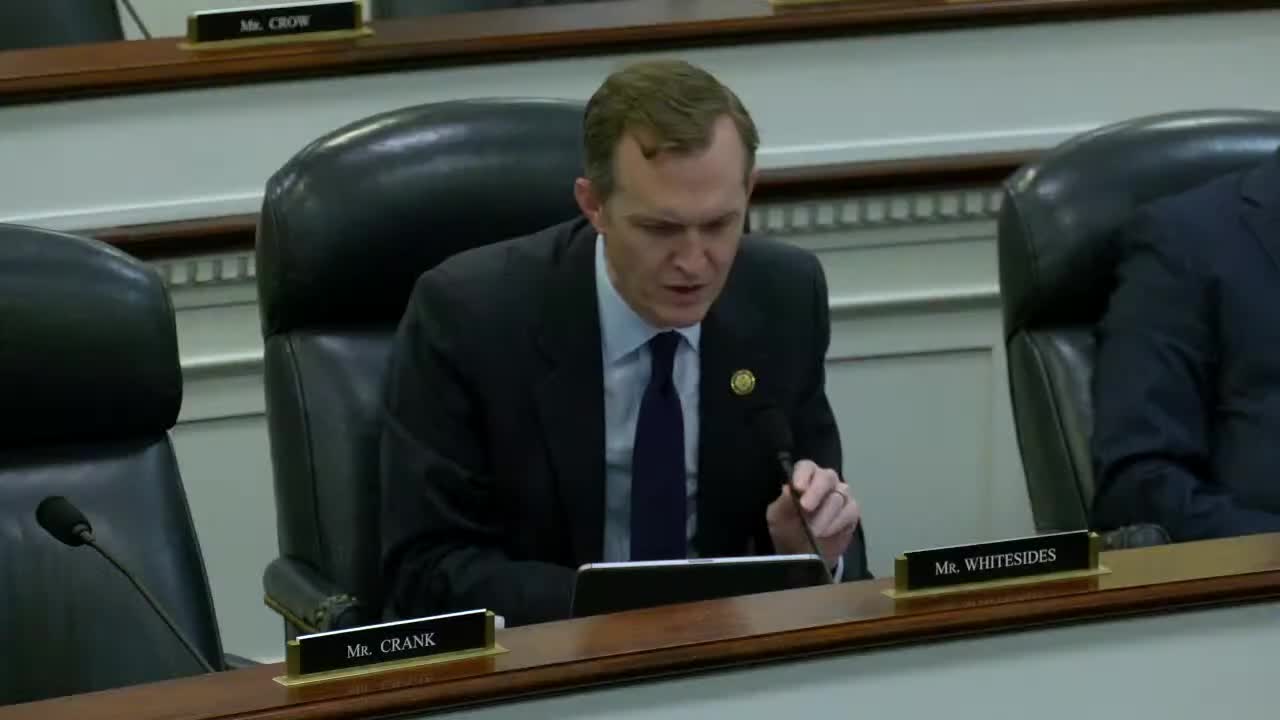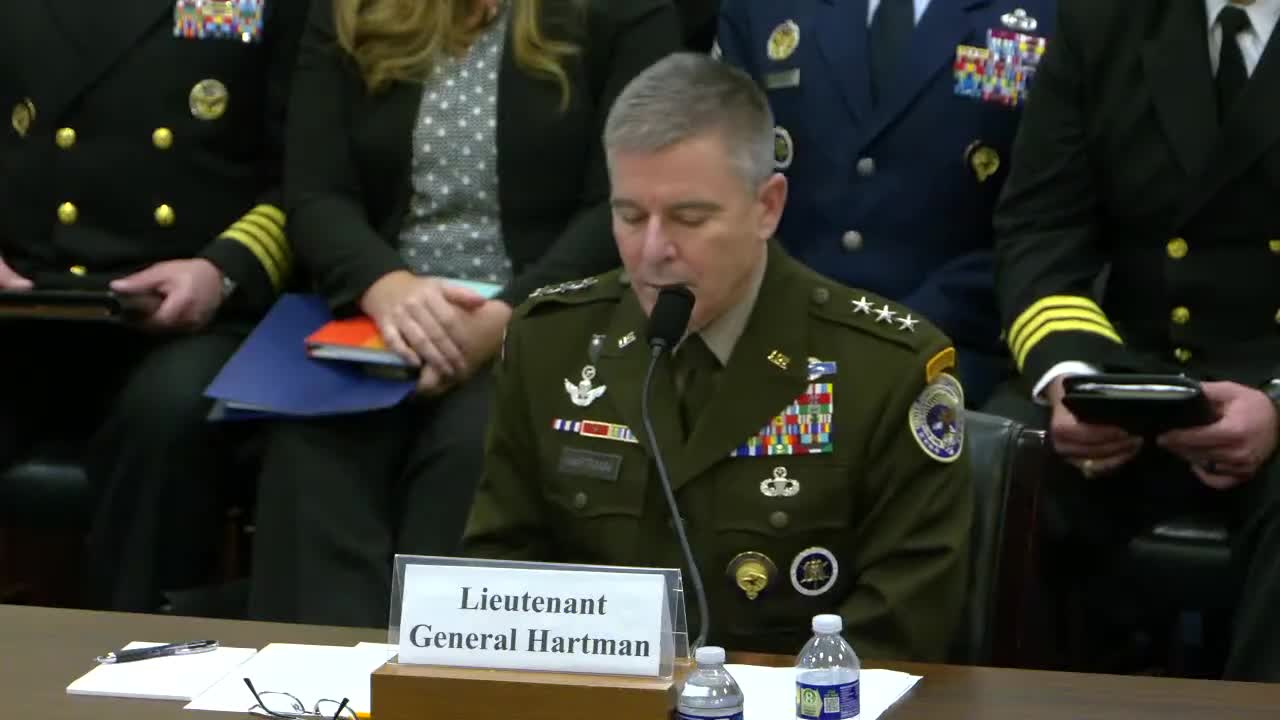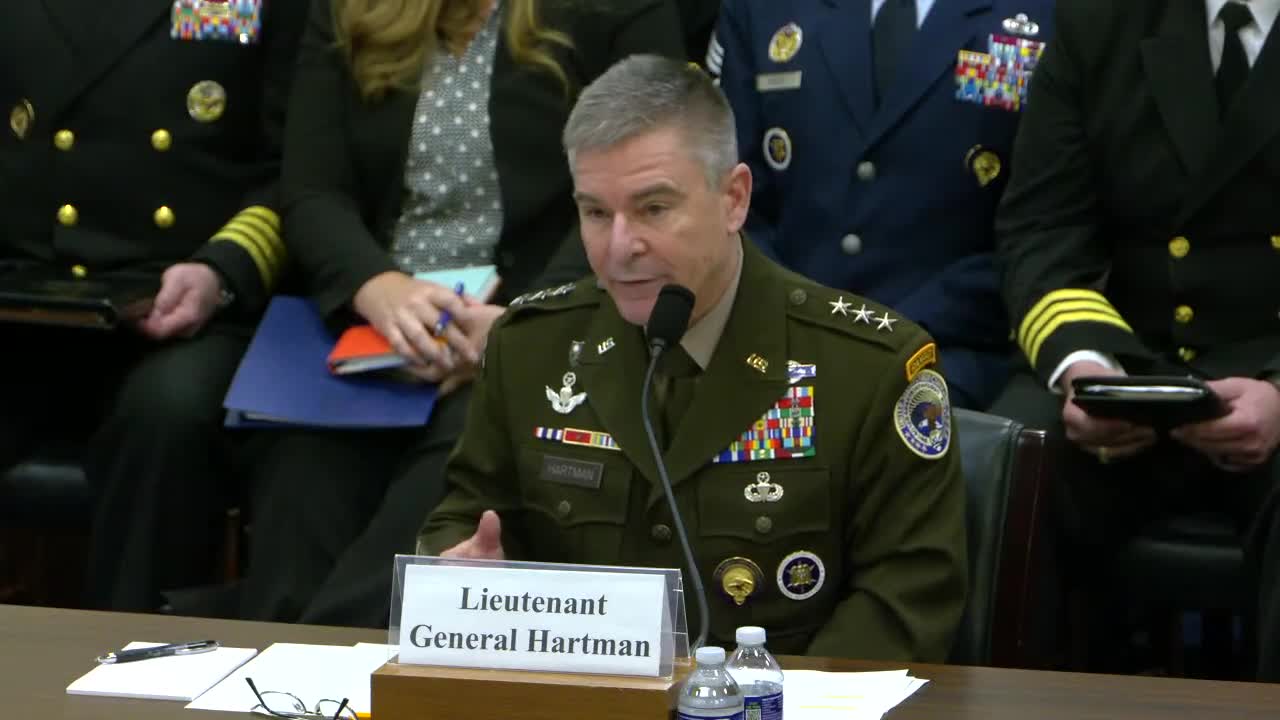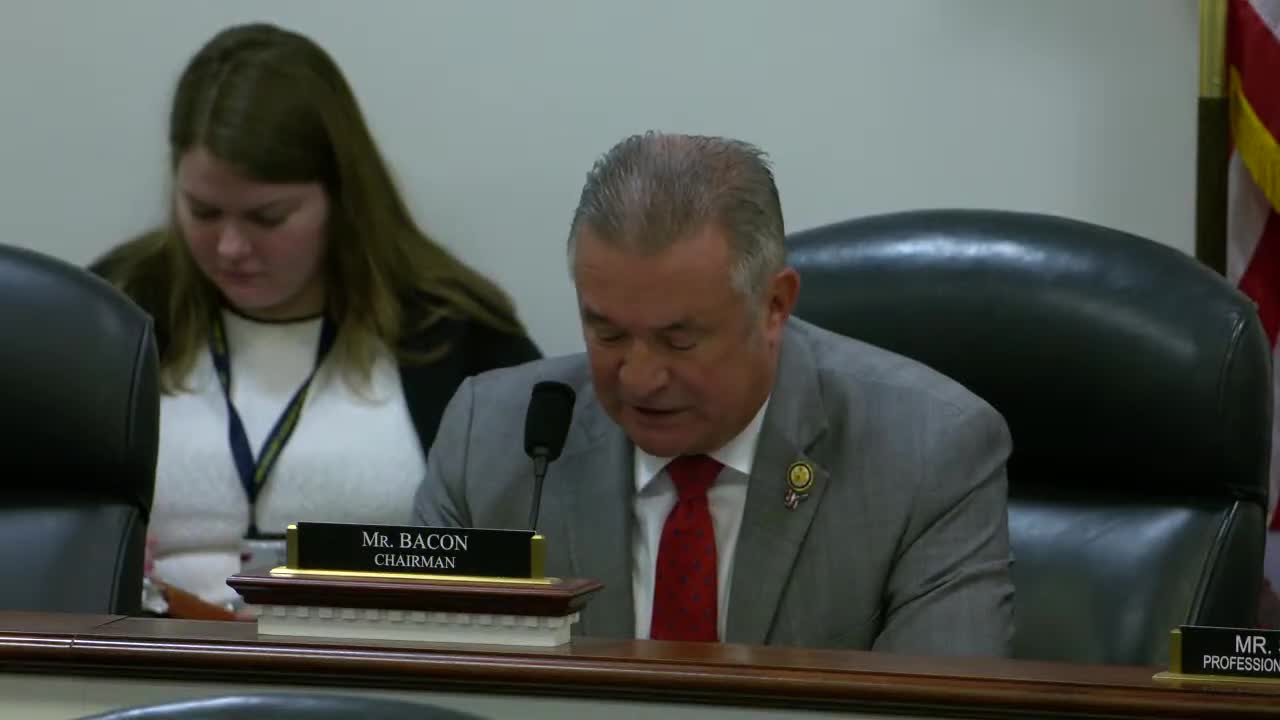Article not found
This article is no longer available. But don't worry—we've gathered other articles that discuss the same topic.

House panel seeks clarity on reported pause in offensive cyber operations and role on disinformation

DOD witnesses tell House panel workforce management, hiring freeze and mental‑health support are top cyber priorities

Pentagon witnesses describe relook at 'Cybercom 2' and favor service‑like model to build cyber mastery

